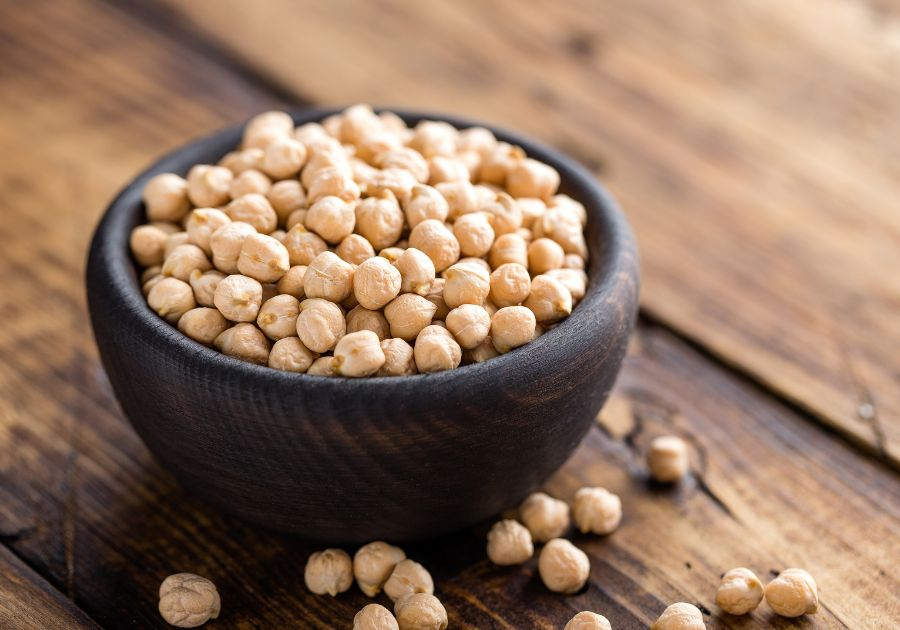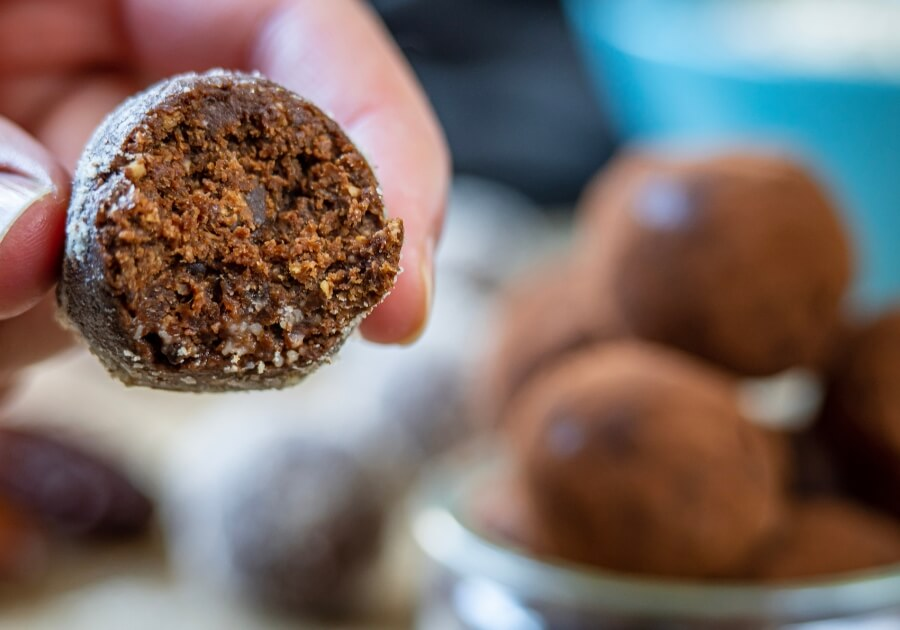The health of your gut is important. There is more to healthy gut function than just digestive processes. Your gut health is linked to your immune system as well as mental health. This means that a poorly functioning gut can contribute to health problems beyond the digestive tract.
An unhealthy diet can easily throw off the health of your gut, causing bacterial overgrowth, irritable bowel syndrome, and leaky gut. The good news is that you can do things to help it heal and promote better gut health. Here is what you need to know to heal your gut and keep it healthy for the long haul.
Identifying gut problems is not as simple as watching your bowel movements. You may think that you have regular movements, so there is nothing wrong, but many digestive issues are asymptomatic.
Sadly, this causes many digestive issues to go unnoticed, and damage worsens. In addition to disrupted digestion, you can also experience mental health changes, weight gain, and autoimmune disorders.
The health of your gut is linked to the bacterial community living within it. Poor diet, food allergies, lack of exercise, and overuse of antibiotics can all cause this bacterial community to become unbalanced. When this happens, harmful bacterial strains take over, and inflammatory chemicals are released.

Inflammation damages the gut walls, impacting nutrient absorption and allowing harmful particles to enter the bloodstream. Your immune system will attack the foreign particles with an inflammatory response, damaging healthy cells and tissues.
The best way to resolve the issue involves treating the gut at the source by promoting optimal gut health and repair. Studies have found that by making changes in support of a healthy balance of gut bacteria, symptoms of gut damage can be reduced within days.
While not all damage can be corrected, you can make an effort to reduce inflammation that is damaging your gut, so it can begin to heal.
Repairing damage to your gut can take time, but it is important to know that it can be done. When it comes to healing a damaged gut, there are a few things you should try.
Identify Problems
You need to identify and be aware of any food allergies or sensitivities. These can cause damage to your gut each time the food is consumed. Often this can be done through a process of elimination and monitoring your digestive symptoms after eating certain foods.
Once a food is identified as causing an allergic reaction, removing it from your diet will be the first step towards healing your gut.
In addition to allergies, be sure to identify if you have any infections or overgrowth of bacteria that can be causing the damage. Small bowel bacteria and yeasts can easily take over when your gut is unhealthy, and these need to be treated and removed for your gut to heal.
Anti-Inflammatory Diet
Eliminating problem foods is half the battle. You also want to incorporate foods that reduce inflammation and will allow your gut time to heal. Anti-inflammatory diets are recommended for those with autoimmune conditions, as they help keep the inflammatory response under control.
Healthy fats, such as those in olive oil and avocados, are ideal, as are fatty fish, like salmon. These contain beneficial compounds and omega-3 fatty acids that reduce inflammation, soothe an aching gut, and promote healing.
Bone broth is also proven to be great for healing a damaged gut and restoring it to full health. Sticking with whole foods that are not processed and including plenty of fresh fruits and vegetables also ensures your gut avoids inflammation.

Supplemental Support
Probiotics are great supplements for healing your gut. They restore balance to your natural gut bacterial community, reducing inflammation and allowing healing. They also protect your gut from harmful pathogens.
In addition to this, there are supplements like L-glutamine designed to promote gut health and work directly to repair and strengthen intestinal walls that have been damaged. It also helps to add digestive enzymes to your regimen, as without these, your gut cannot properly break down foods for their nutrients.
Manage Stress
Stress and anxiety trigger the release of cortisol, and elevated levels of this hormone cause inflammation. Stress and anxiety are commonly linked to digestive issues and gut damage, so controlling them is a good start for allowing your gut to heal.

Be sure to get enough sleep each night, as this also helps regulate cortisol levels. In addition to this, try relaxation techniques like meditation, deep breathing, and yoga to help you deal with and reduce stress. Exercising on a regular basis is also a great way to reduce stress and lower levels of inflammatory chemicals in the body.
While it is responsible for digestion and nutrient absorption, the health of your gut contributes to overall health and well-being. An unhealthy gut can lead to more serious digestive issues, autoimmunity problems, mental health issues, and can increase your risk for diseases.
Remember that your gut is more than just a digestive tract; it is the track to better health. Sticking with a healthy gut routine is the only real way to long-term gut health.































































